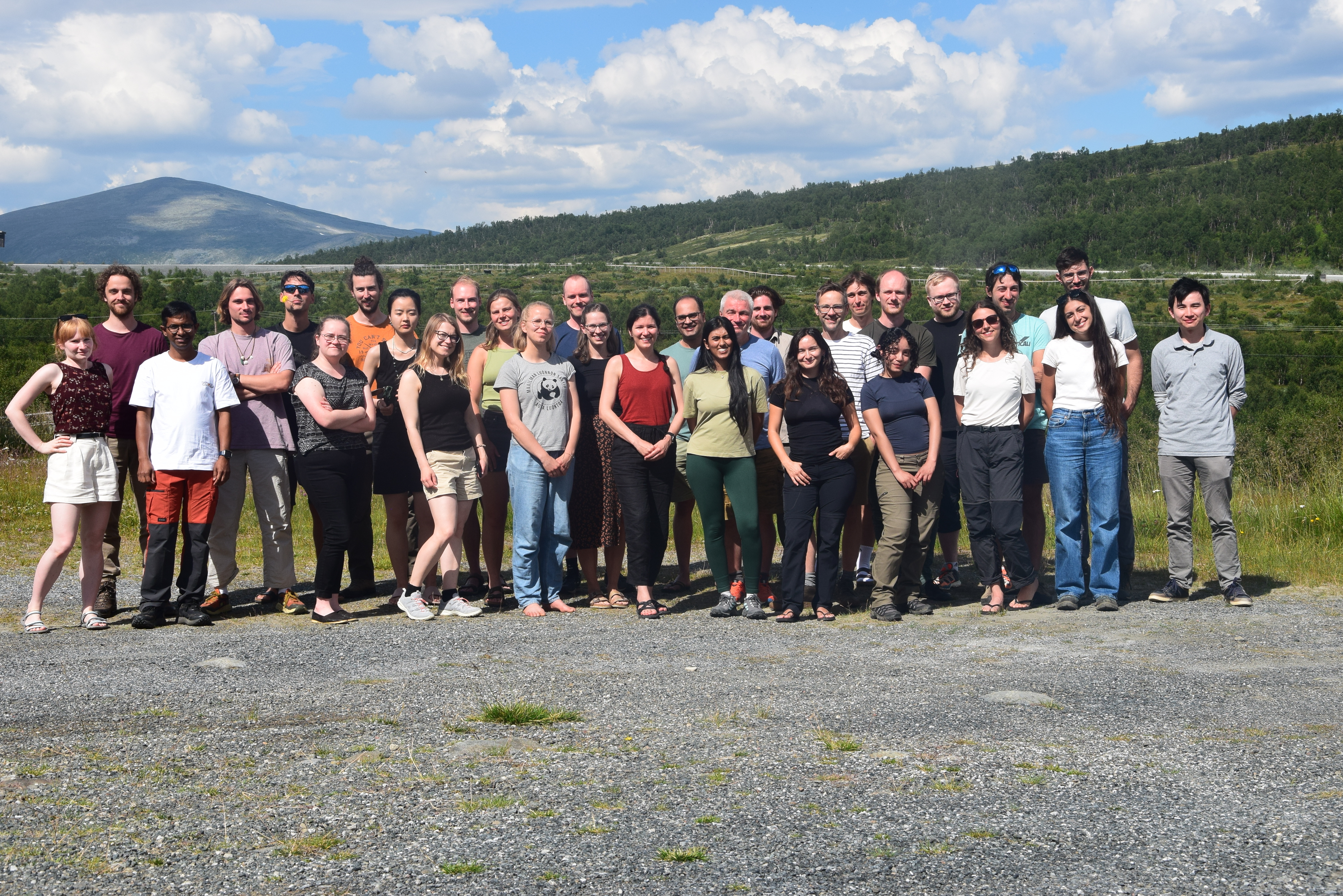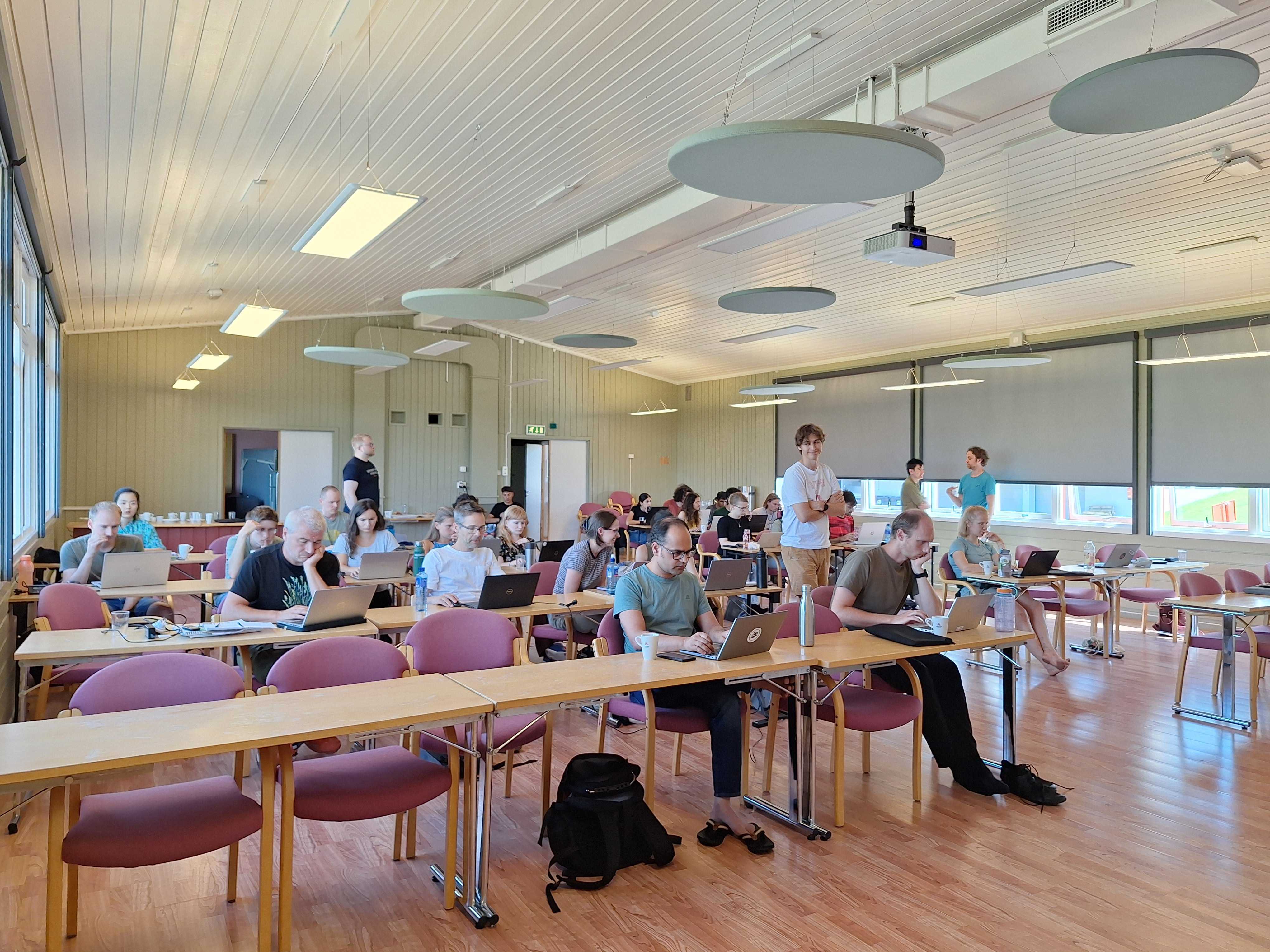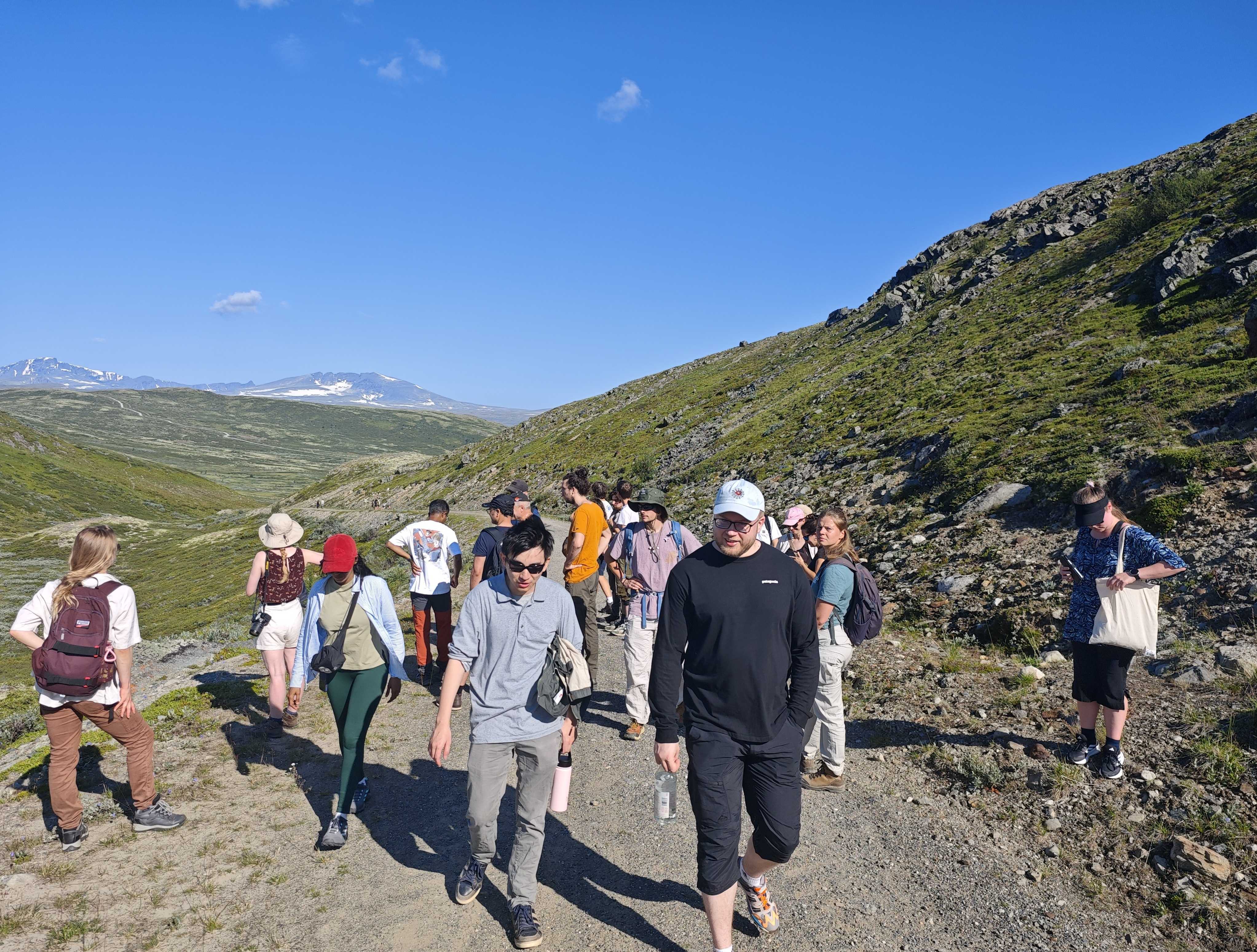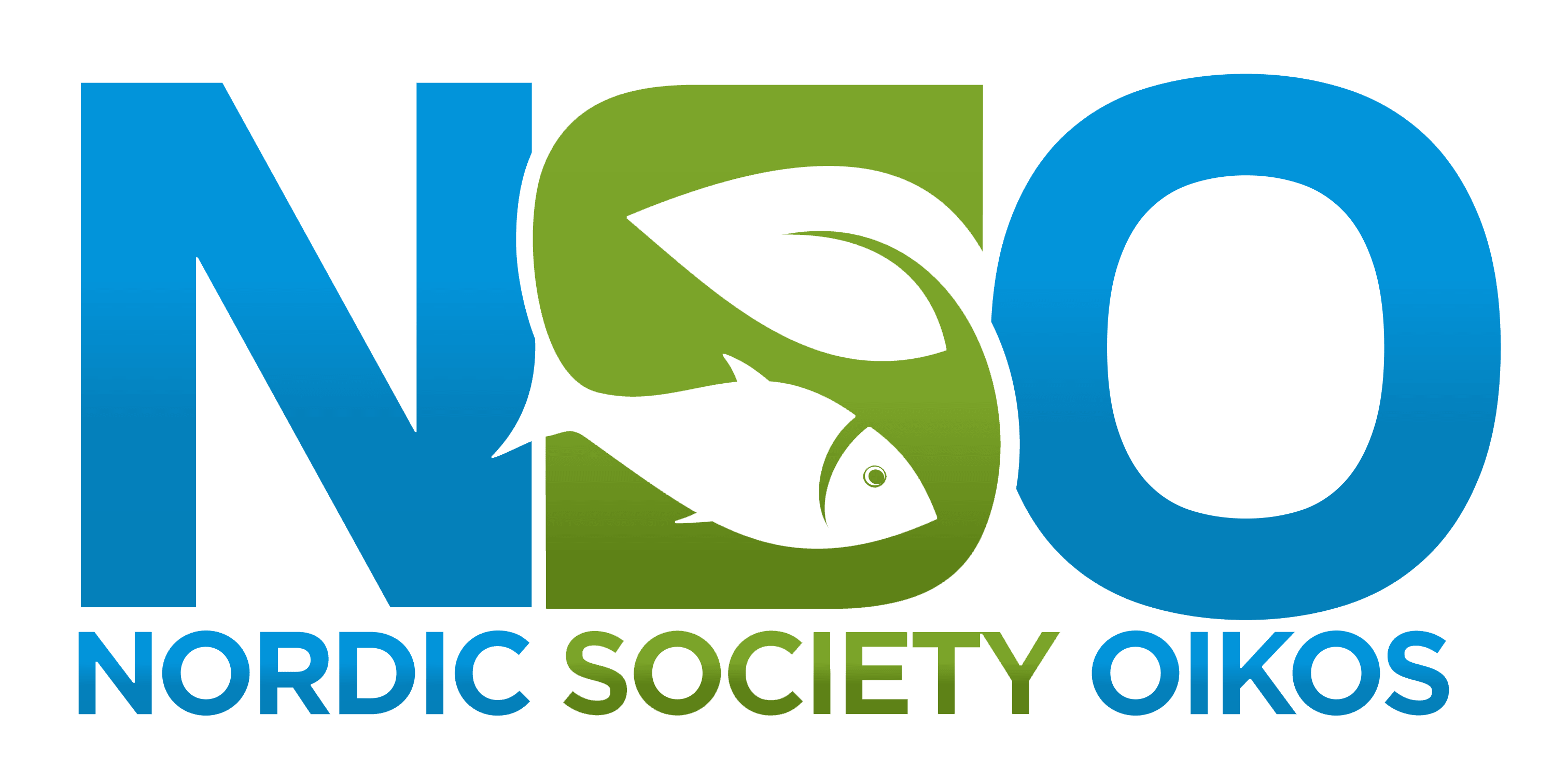Grant Report: Summer School in Model-based Ordination
From the 21st to the 25th of July 2025, I organized the Summer School in Model-based Ordination at Frich’s Basecamp in Hjerkinn. In total 41 people applied of which 26 people attended the summer school, mostly consisting of PhD students, but also including some master students, postdocs and researchers. The summer school drew participants from a diverse set of international institutions. Finland and Italy were particularly well represented, with further participants from Belgium, Norway, the United Kingdom, Denmark, Poland, Estonia, Germany and Sweden.

The summer school included 45-minute lectures followed by one hour practical hands-on sessions in R. The sessions were mostly taught by Bert van der Veen (Norwegian University of Science and Technology), with support from Francis K.C. Hui (the Australian National University), Jenni Niku and Pekka Korhonen (University of Jyvaskyla), and Audun Rugstad (Norwegian University of Science and Technology). The stay for all lecturers was not financed by the grant from NSO, but instead came from various other funding sources. Bert van der Veen and Audun Rugstad were financed by internal funding from the Department of Mathematical Sciences at NTNU. Francis K.C. Hui was financed by a grant with Bert van der Veen from the ANU Hansen Scandinavian Friendship Endowment. Jenni Niku and Pekka Korhonen were financed by a grant from the Academy of Finland. As such, the costs for all lecturers were alternatively financed, while the stay for all participants at the venue was covered by the grant from NSO. The travel for participants to the summer school was not covered by the grant, instead participants were required to fund their own travel.

The 5-day schedule was divided into distinct topics: Background (day 1), Joint Species Distribution Models (day 2), Ordination (day 3), Workflow and participant presentations (day 4), “What else is out there” (day 5). The first day focused on building a common point of departure for all participants, focusing on aspects such as mean-variance relationships, fitting generalised linear models to data of multiple species, finding a good model, and an introduction to the gllvm R-package. The second day saw the application of multispecies models with random effects, including Joint Species Distribution Models, potentially incorporating spatial or temporal autocorrelation, and the day finished with incorporating functional traits and phylogenetic information in the models. Day three focused on advaced methods for ordination, covering unconstrained, constrained and concurrent ordination, with or without random effects, conditioning to account for nested study designs or confounding variables, and the day ended with a focus on implementing unimodal (quadratic) ordinations. On the fourth day we took a much needed break outside, and hiked to the top of the mountain behind the venue in the morning. In the afternoon we focused on incorporating the covered approaches in a full scientific workflow (“A-Å)”, and participants were able to share aspects of their research in own presentations, in other to clarify and receive feedback on how GLLVMs may fit into their projects. On the fifth and final day, the participants received a brief overview of the possibilities for model-based clustering, as well as other software packages for implementing multivariate statistical models. In the afternoon, participants were able to analyse their own data and receive assistance in doing so from the instructors.

Although not part of the formal program, the participants used their evenings for social interactions, usually in the form of hikes in the vicinity of the venue. Overall, it is safe to say everyone (including the instructors) thoroughly enjoyed the event. The summer school material will remain available on github (https://github.com/BertvanderVeen/SSMA) for anyone interested to access.
This event was supported by the NSO Networking and Education Grant 2024 awarded to Bert van der Veen.
